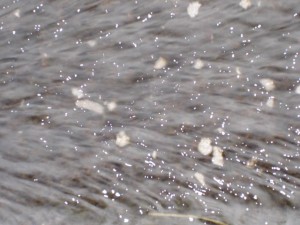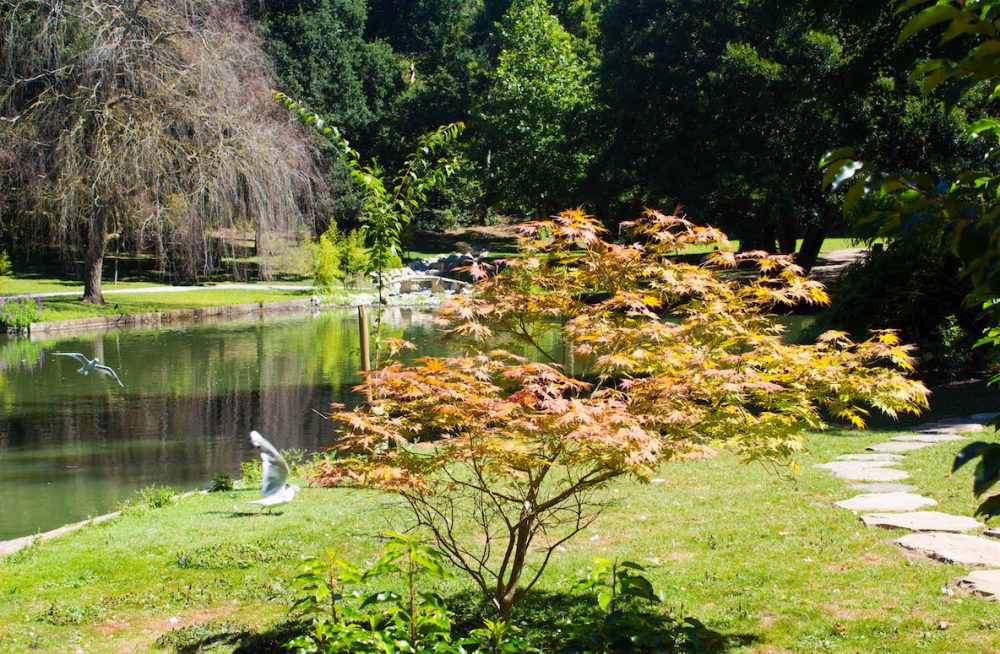 And so faithfulness brings us to an idea of God. It is possible to have some religious beliefs, to have none or to be unsure about what you believe. Whatever the case it seems a sign of maturity is to give yourself some time to reflect on the questions and come to a sense of truth for yourself. At some point it is helpful for us to have a sense of why we are here, how we can use our life and what might happen in an afterlife.
And so faithfulness brings us to an idea of God. It is possible to have some religious beliefs, to have none or to be unsure about what you believe. Whatever the case it seems a sign of maturity is to give yourself some time to reflect on the questions and come to a sense of truth for yourself. At some point it is helpful for us to have a sense of why we are here, how we can use our life and what might happen in an afterlife.
For some faiths it is about spreading God’s word whether that is a Jewish, Christian or an Islamic god. Other faiths are about peaceful coexistence and views of an afterlife that may include reincarnation. For some without religious belief it is all about now: we are born, we live and we die. Some beliefs pay special attention to the individual (Buddhism), the family (Christianity) and the community (Islam). This is a very simplistic glance at who or what God might be to you.
There are libraries dedicated to the great faiths of the world and I suggest you begin to explore what your beliefs are. We may develop our faith from the family we are born into, our cultural heritage, as part of the greater culture to which we belong or as a part of a personal journey. Such soul or spiritual seeking can lead to various experiences of acceptance and rejection by you and to you. Eventually you may find an approach that feels true to you.
Belief and faith can be very nuanced and individual things as they are not externally provable to those who do not believe. It is possible to belong to a faith and not believe every aspect of it; some people are more literal than others. ‘Faith is not belief. Belief is passive. Faith is active.’ Edith Hamilton.
Myths and stories also play a vital role in elaborating on the human experience. In my experience faith is not just about good and bad and sin and forgiveness, it could also be about the value of life and stewardship of the earth’s resources or human rights and equality of opportunity for all human beings. Whatever faith or God we believe in we are human and we are imperfect. We may have godlike qualities but that is not all of who we are.
I find it sad when people decide against a belief because they have met fallible representatives of that faith. If we can accept that there are imperfect parents, children, learners, teachers, doctors etc why can’t we accept imperfect believers? Human imperfections encourage us to trust in our God and not rely on our own limited resources. Our approach of all or nothing does not give us choices but limits our experiences.
Of course there are those who would say that they have nothing to do with God or belief. Yet I believe there is that spiritual hole within all of us and we find something to fill it with. This becomes our god by another name. As I write this I can think of many such gods including money, politics, sport, art, nature, work, fame and power. People of faith could also participate in these aspects of life but their motivation and relationship to it would be different. It is not always what we do but why and how we do it.
So who or what is your god? What do you believe in and put all your effort into understanding and following? I am not here to judge you for it but to encourage you to be aware of what it is for yourself. There is no need to tell the world but it helps you to know what you choose to believe and how that affects your subsequent decisions. All belief is about faith: nothing will be proved 100% otherwise it would simply be a fact and not a question of faith. Some of us believe. Eventually we will know. Others feel and think that there is nothing to believe. Find out what you believe and share it with those you care about and who care about you.
Any thoughts?





